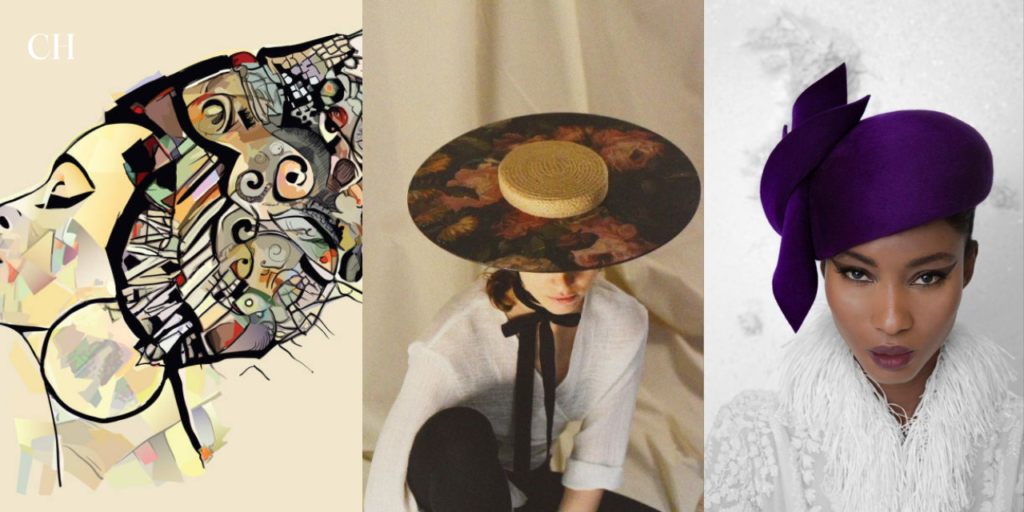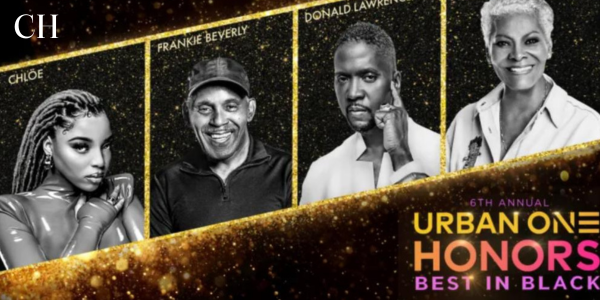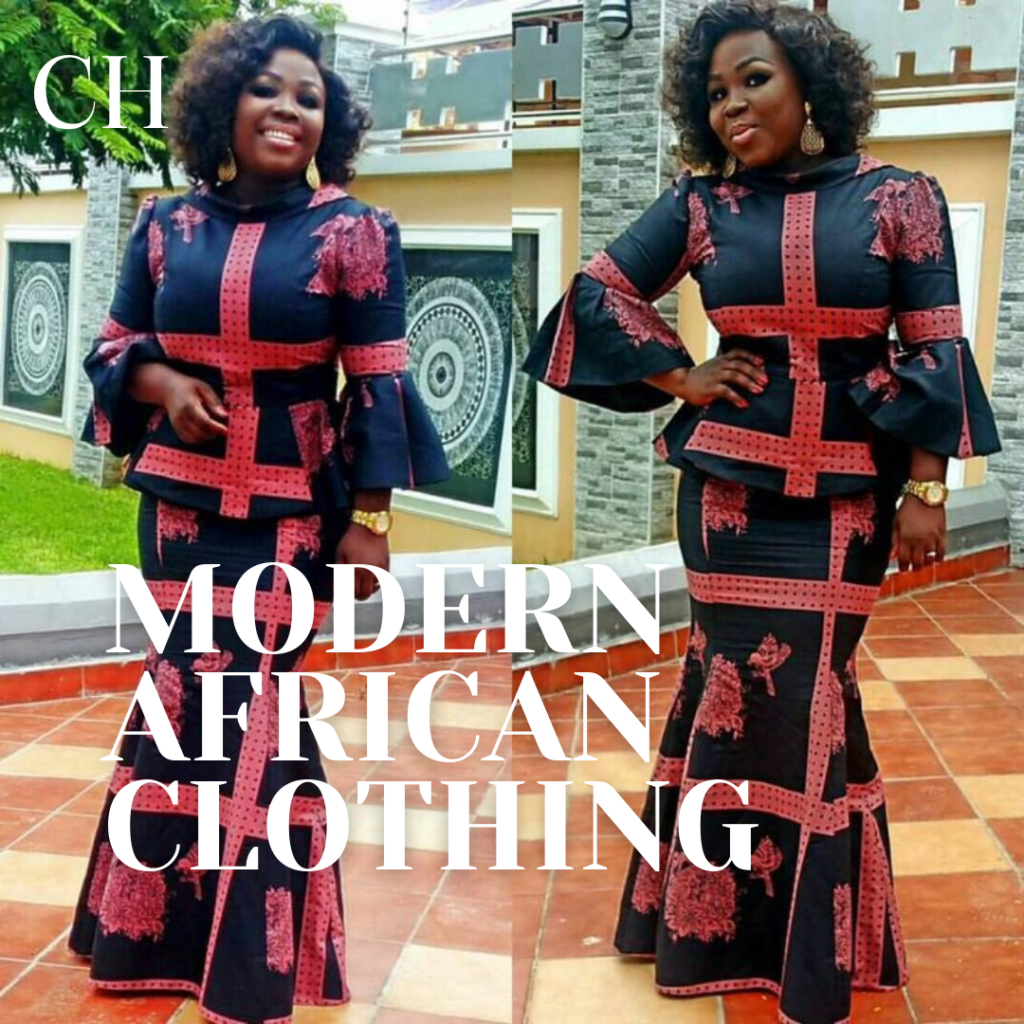
Modern African clothing comes in a variety of styles that represent the continent’s rich cultural heritage as well as contemporary fashion inspirations. The dress varies by location, ethnicity, and personal desire, combining traditional features with current patterns. Below are some samples of current African clothing:
Ankara Prints:
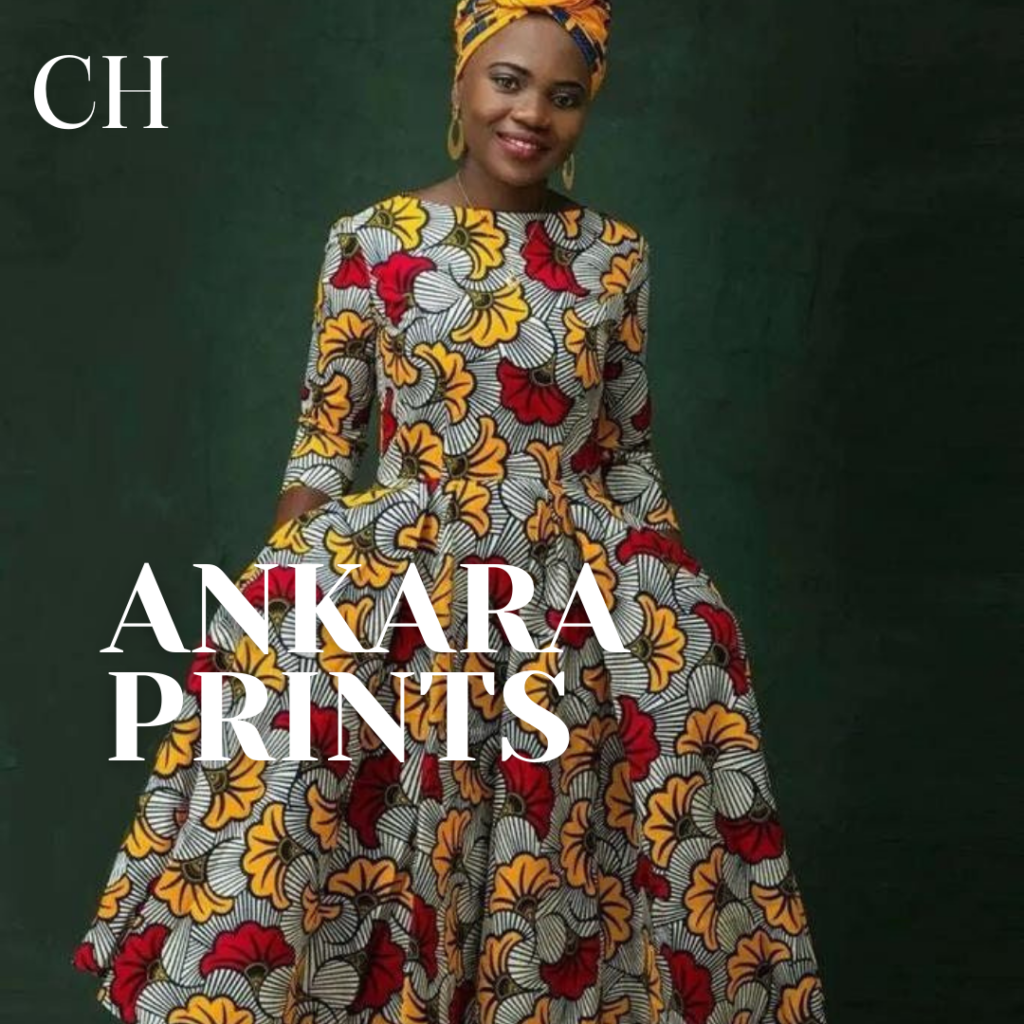
Ankara designs retain a special place in Black people’s hearts and wardrobes, since they are a powerful and symbolic representation of cultural identity and pride. These fabrics, based on the intricate history of African wax designs, have become an essential aspect of Black fashion, commemorating the continent’s rich legacy.
Ankara prints’ bold and bright patterns are more than just textiles; they are visual storytelling that express stories of Black cultural survival, diversity, and interconnectedness. Ankara prints are worn with purpose and intention during cultural festivals, weddings, and in everyday life, acting as a bright reminder of the wearer’s roots and traditions.
Dashiki:
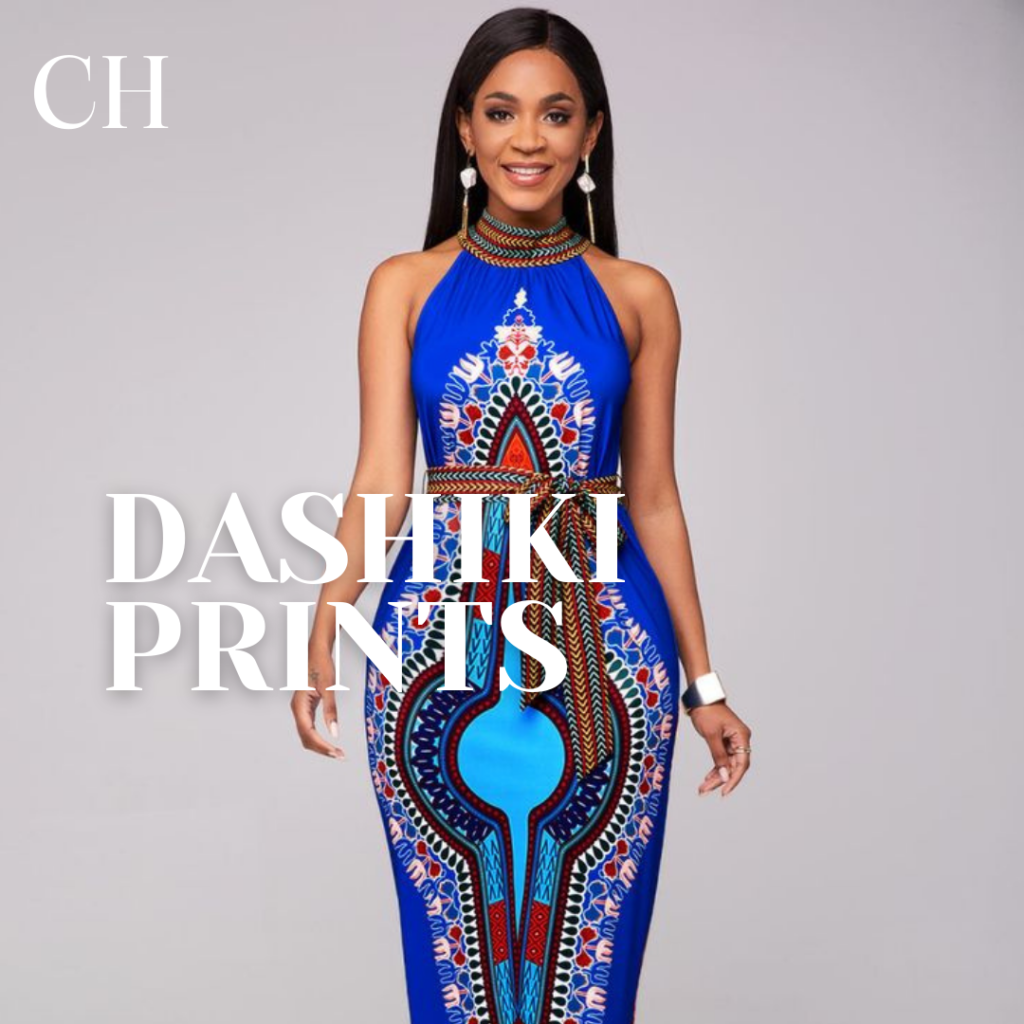
The Dashiki has a strong cultural importance for Black people, particularly those with West African heritage. The Dashiki, derived from the Yoruba word dashiki meaning shirt, is a loose-fitting garment with colorful and detailed embroidery. Modern African clothing Dashiki is now embraced by Black communities around the world as a symbol of cultural pride and heritage.
The characteristic V-shaped neckline and wide, flowing sleeves add to the famous silhouette. The Dashiki, which is commonly worn during rituals, festivals, and festivities, represents African identity and a connection to ancestral traditions. Beyond its ceremonial usage, the Dashiki has become a fashion statement, known for its striking designs and vibrant colors.
Kente Cloth:
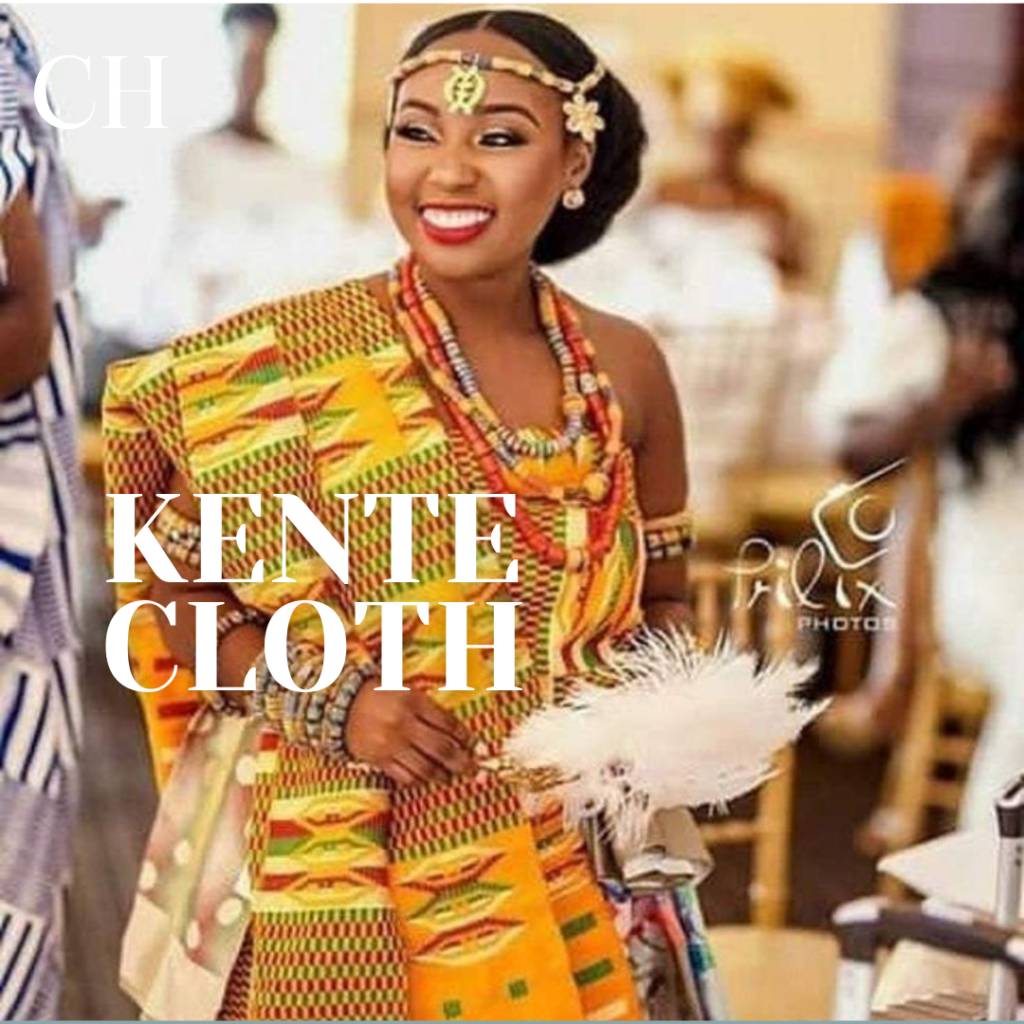
Kente fabric, originating with the Ashanti people of Ghana and the Ewe people of Ghana and Togo, is a vibrant and symbolic expression of Black culture and tradition. Each Kente fabric, with its brilliant colors and complicated geometric designs, conveys a unique tale about the values, history, and spirituality of the wearer’s community.
Kente, a labor-intensive art style traditionally woven by hand, features distinct designs that frequently hold special meanings or proverbs. The fabric is prominently employed at key life events such as weddings, funerals, and rites of passage, acting as a visual language to transmit social and cultural affiliations.
Agbada:
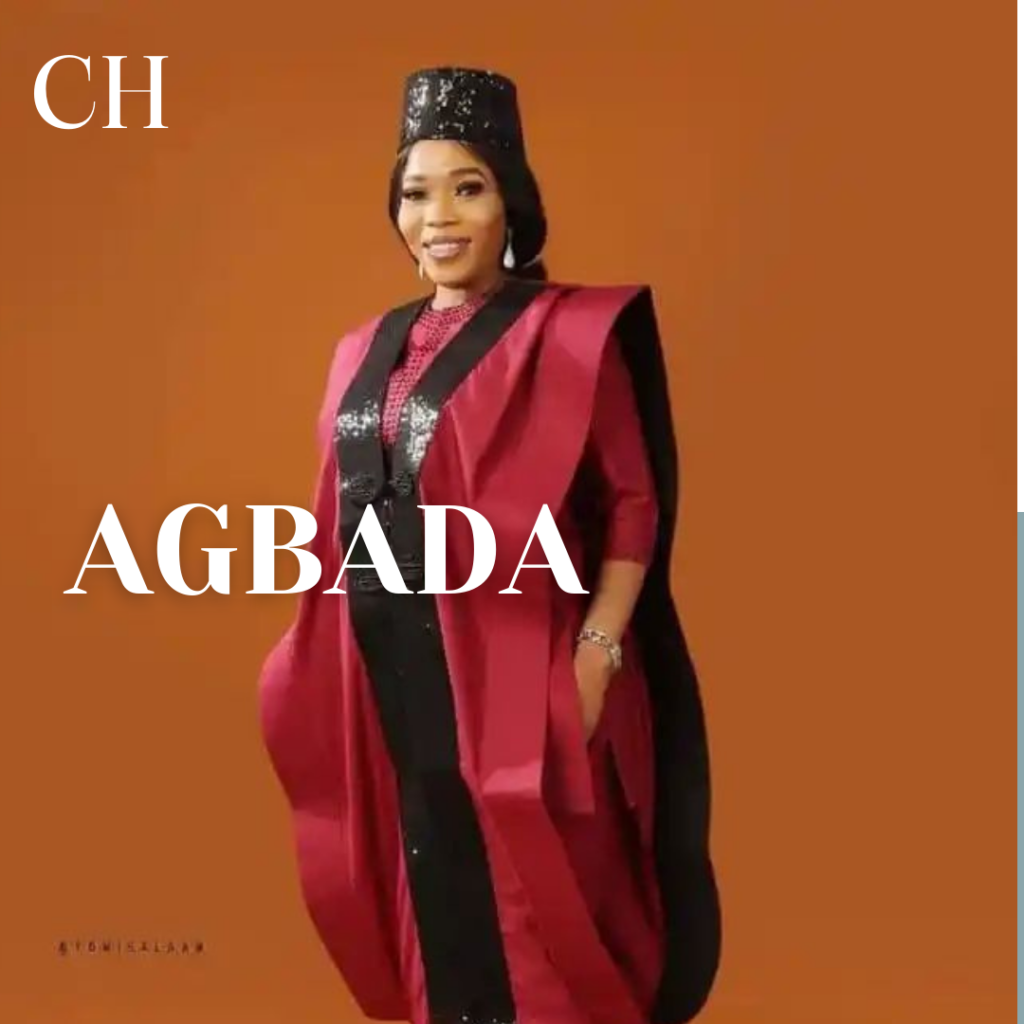
The Agbada, a traditional dress from West Africa, particularly among Nigeria’s Yoruba people, is a grand and voluminous garment that encompasses both cultural significance and sartorial grace. The Agbada, distinguished by its enormous, loose-fitting robes with broad sleeves and elaborate embroidery, is commonly worn for special occasions, ceremonies, and festivities.
Typically made up of three pieces—a flowing gown, a matching blouse, and trousers—the ensemble conveys regality and a feeling of occasion. The Agbada is more than just a reflection of Yoruba cultural heritage; it has also crossed regional boundaries to become a symbol of African identity and fashion.
Kitenge:
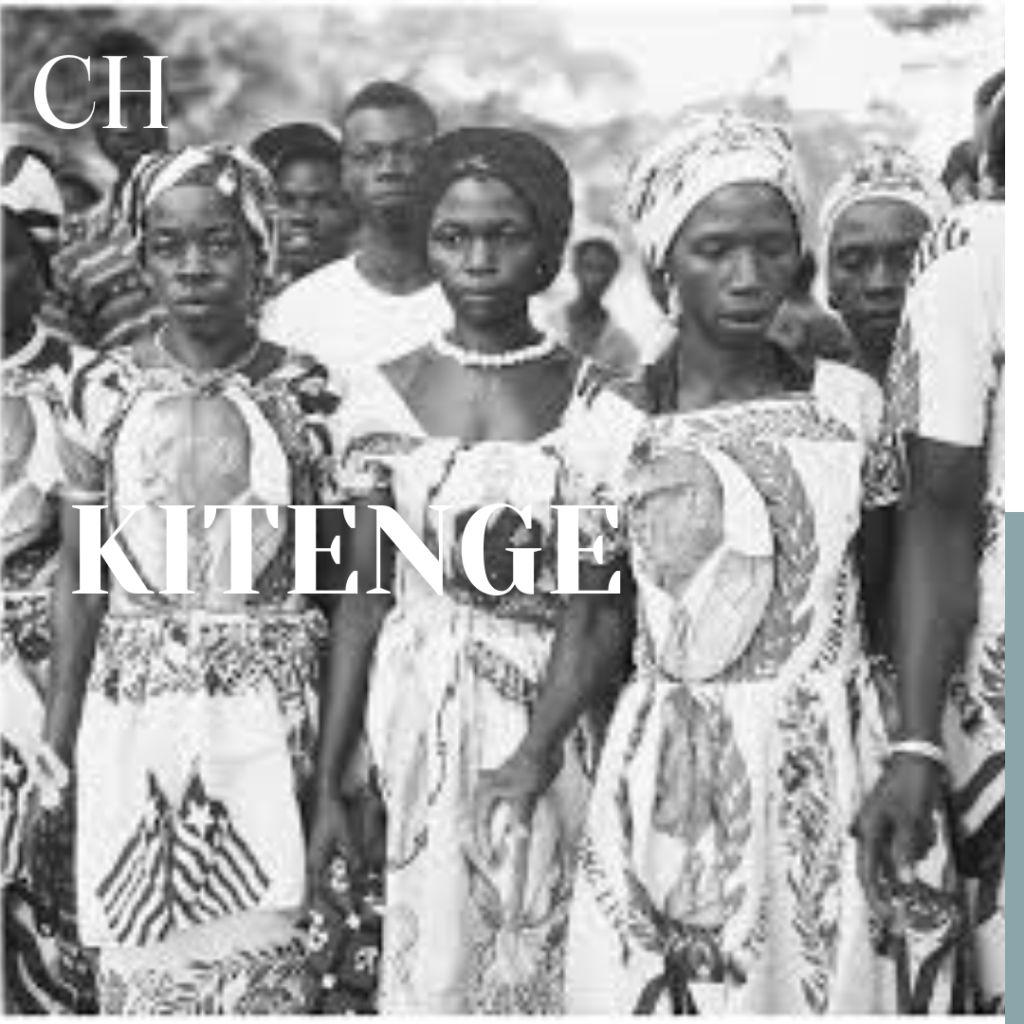
Kitenge is a lively, colorful cloth with striking designs and prints. It has enormous cultural value and is often used to make a variety of traditional and contemporary apparel items. Kitenge cloth is commonly used to make dresses, skirts, blouses, and headwraps, with designs featuring symbolic themes and geometric patterns.
Kitenge has become an important tool for expressing African identity and tradition, not only in East Africa but also throughout the African diaspora. Its adaptability, vibrant hues, and cultural resonance help to explain its popularity as a sign of pride, fashion, and cultural celebration among the global Black community.
Aso Ebi:
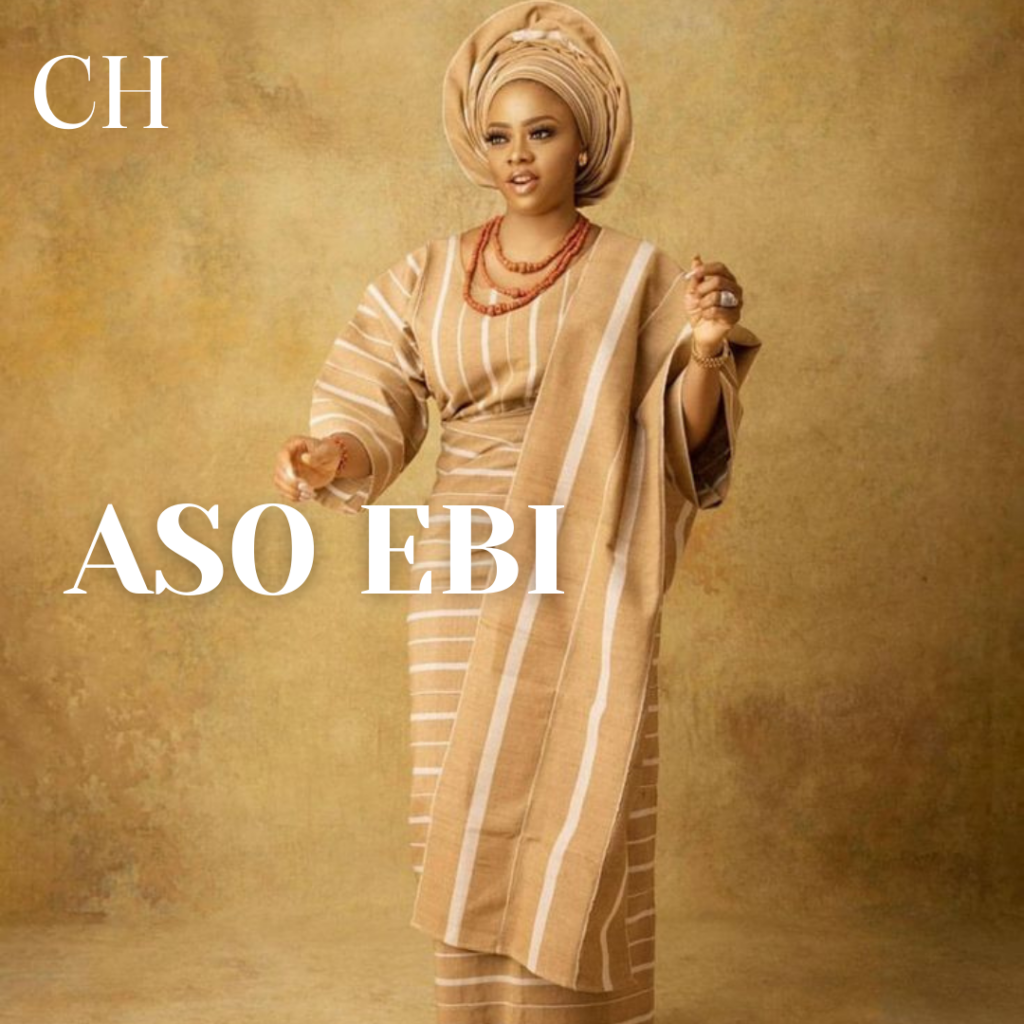
Aso Ebi, a cultural and sartorial tradition seen in many African cultures, particularly in Nigeria, is a practice in which people wear coordinated and matching materials to major events or festivities. The term “Aso Ebi” translates to “family cloth” in Yoruba, stressing a sense of oneness and shared identity.
During events such as weddings, funerals, or milestone celebrations, hosts choose a certain fabric and design to offer to friends, family, and attendees. Wearing the Aso Ebi expresses solidarity, camaraderie, and involvement in the festivities. The cloth frequently features brilliant colors and intricate designs, which serve as a visual reflection of cultural pride and shared delight.
Boubou:
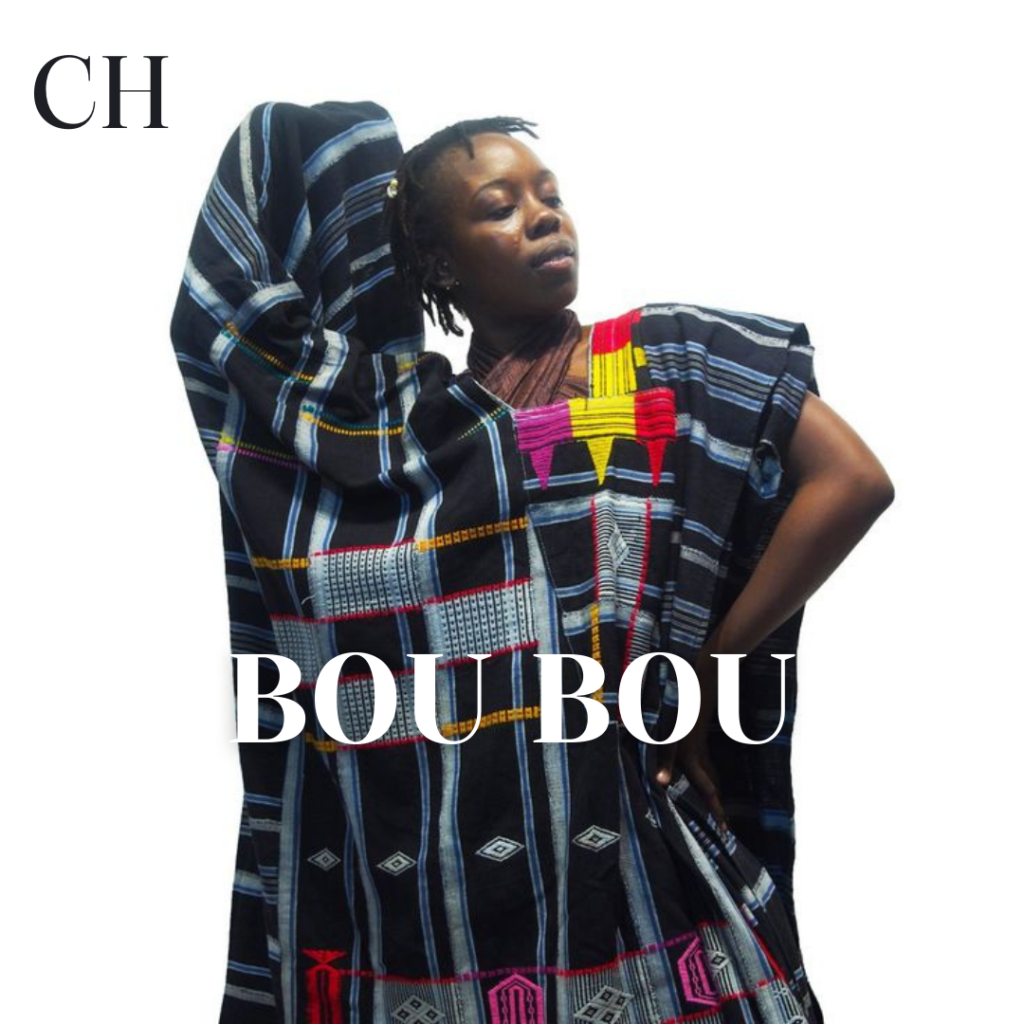
The Boubou, a traditional African garment, has a distinct and elegant position in the wardrobes of many Black groups, particularly those in West Africa. The Boubou, distinguished by its loose-fitting, flowing form and broad, ornate sleeves, is both a statement of cultural identity and a flexible clothing appropriate for a variety of settings. It is widely worn by both men and women, with varying styles and designs.
The Boubou emanates elegance and ease, making it ideal for formal occasions, festivities, and daily wear. Its loose and breezy form gives comfort in hot weather, while the fabric options, which can include brilliant colors and strong patterns, add to the garment’s aesthetic appeal.
Contemporary Accessories:
Contemporary accessories in the Black fashion industry exhibit a dynamic blend of traditional features and modern design sensibility. African-inspired accessories have emerged as major representations of ethnic identity and style, providing a diverse range of options for people to incorporate into their everyday wardrobe. This can include beaded necklaces and bracelets with traditional African patterns and symbolism.
Furthermore, headwraps, which are frequently made of bright textiles such as Ankara or Kitenge, have grown in popularity as cultural and fashion accessories. Traditional African textiles and designs can also be found in footwear, handbags, and belts, giving modern outfits a one-of-a-kind and individualized look.
Afrocentric Streetwear:
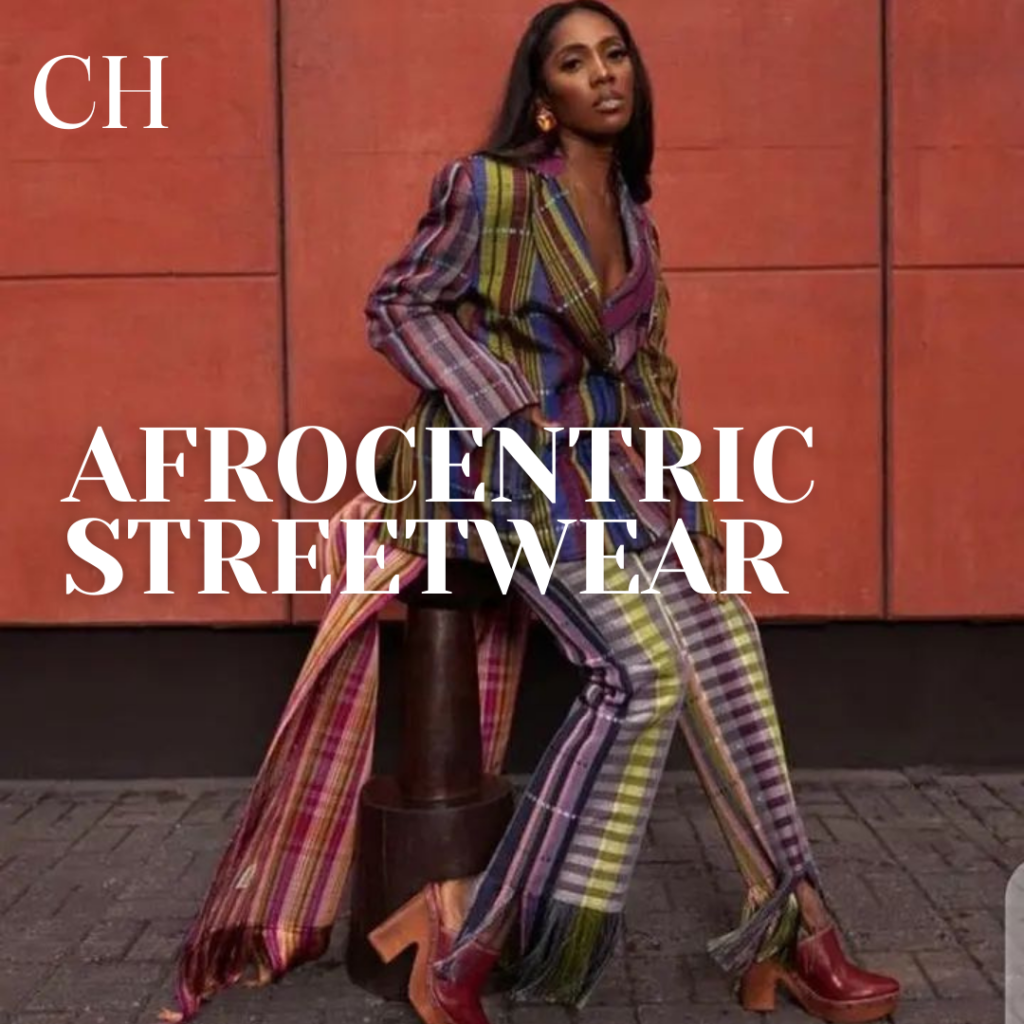
Afrocentric streetwear is a modern African clothing and Afrocentric streetwear is a vibrant and culturally integrated kind of modern fashion that combines African heritage with urban flair. Afrocentric streetwear celebrates Black identity and the African diaspora by incorporating vibrant colors, African-inspired motifs, and symbols into casual and comfortable apparel. T-shirts, hoodies, sweatshirts, and sneakers frequently contain colorful designs, traditional motifs, and phrases that express cultural pride and awareness.
This fashion revolution is more than just a personal style decision; it is also a strong form of self-expression and a way to reclaim and celebrate African heritage in the global fashion industry. Afrocentric streetwear is a visual statement that combines cultural history with current aesthetics and contributes to a larger narrative of inclusivity, creativity, and empowerment in a varied society.

